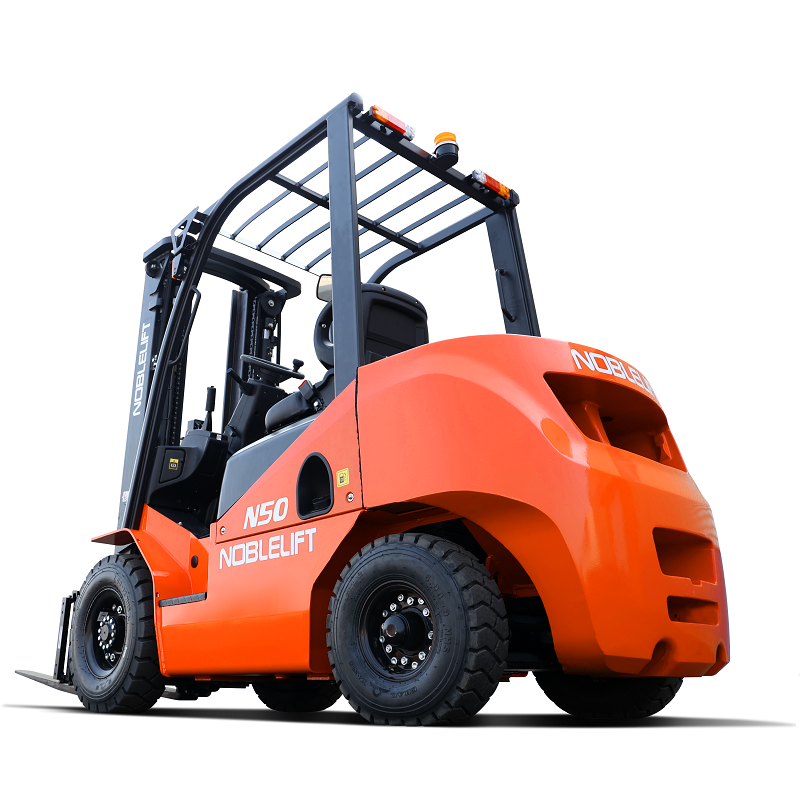Welcome to
On Feet Nation
Members
Blog Posts
The Versatility and Benefits of Ester Lubricants
Posted by freeamfva on August 22, 2024 at 11:18pm 0 Comments 0 Likes
Ester lubricants have become a cornerstone in various industries due to their unique properties and performance benefits. These synthetic lubricants are derived from ester molecules, which are known for their excellent biodegradability, low toxicity, and high solvency levels. This article explores the versatility and advantages of ester lubricants, highlighting their applications and why they are preferred over traditional lubricants.Get… Continue
Food Certification Market High-Tech Industry Analysis, Industry Overview 2030
Posted by Akash Ra on August 22, 2024 at 11:18pm 0 Comments 0 Likes
fxqqwdtc
Posted by Cassandra on August 22, 2024 at 11:14pm 0 Comments 0 Likes
Top Content
The Evolution and Impact of Industrial Vehicles
Industrial vehicles play a crucial role in modern industries, facilitating the efficient movement of goods, materials, and personnel. These vehicles are designed to operate in various environments, from factory floors to outdoor construction sites, and have evolved significantly over the years. This article explores the different types of industrial vehicles, their applications, and the advancements that have shaped their development.
Types of Industrial Vehicles
Industrial vehicles encompass a wide range of machines, each tailored to specific tasks. Some of the most common types include:
 ForkLift Trucks.com | China Manufacturer Trade price on Materials H...
ForkLift Trucks.com | China Manufacturer Trade price on Materials H...Forklift Trucks: These are perhaps the most recognizable industrial vehicles. Forklifts are used to lift and transport heavy loads, making them indispensable in warehouses and distribution centers.
Electric Utility Vehicles: These vehicles are designed for indoor and outdoor use, offering a versatile solution for transporting goods and personnel. They are known for their durability, safety features, and low environmental impact.
Autonomous Mobile Robots (AMRs): AMRs are revolutionizing material handling by automating tasks that were previously manual. These robots can navigate complex environments and are used in warehouses, manufacturing plants, and even hospitals.
Heavy-Duty Trucks: These vehicles are used in construction, mining, and other heavy industries. They are built to handle extreme loads and operate in harsh conditions.
Applications of Industrial Vehicles
Industrial vehicles are used in a variety of settings, each with unique requirements:
Warehousing and Distribution: Forklifts, pallet jacks, and AMRs are commonly used to move goods within warehouses. These vehicles help streamline operations, reduce labor costs, and improve safety.
Manufacturing: In manufacturing plants, industrial vehicles transport raw materials, components, and finished products. Electric utility vehicles and AMRs are particularly useful in these environments due to their efficiency and adaptability.
Construction: Heavy-duty trucks and specialized vehicles like bulldozers and excavators are essential for construction projects. They enable the movement of large quantities of materials and the execution of complex tasks.
Healthcare: In hospitals and healthcare facilities, AMRs are used to transport medical supplies, linens, and even meals. This reduces the workload on staff and ensures timely delivery of essential items.
Advancements in Industrial Vehicles
The industrial vehicle sector has seen significant advancements in recent years, driven by technological innovation and changing industry needs:
Electrification: The shift towards electric vehicles (EVs) is transforming the industrial vehicle market. Electric forklifts and utility vehicles offer lower operating costs, reduced emissions, and quieter operation compared to their internal combustion counterparts.
Automation: The integration of automation technologies, such as AMRs and autonomous trucks, is enhancing efficiency and safety in material handling. These vehicles can operate around the clock, reducing the need for human intervention and minimizing errors.
Telematics and Connectivity: Modern industrial vehicles are equipped with telematics systems that provide real-time data on vehicle performance, location, and usage. This information helps operators optimize fleet management and maintenance schedules.
Safety Features: Advances in safety technology, such as collision avoidance systems, enhanced visibility, and ergonomic designs, are making industrial vehicles safer for operators and those around them.
The Future of Industrial Vehicles
The future of industrial vehicles is likely to be shaped by continued advancements in automation, electrification, and connectivity. As industries strive for greater efficiency and sustainability, the demand for innovative industrial vehicles will continue to grow. Companies that invest in these technologies will be better positioned to meet the challenges of the modern industrial landscape.
© 2024 Created by PH the vintage.
Powered by
![]()
You need to be a member of On Feet Nation to add comments!
Join On Feet Nation